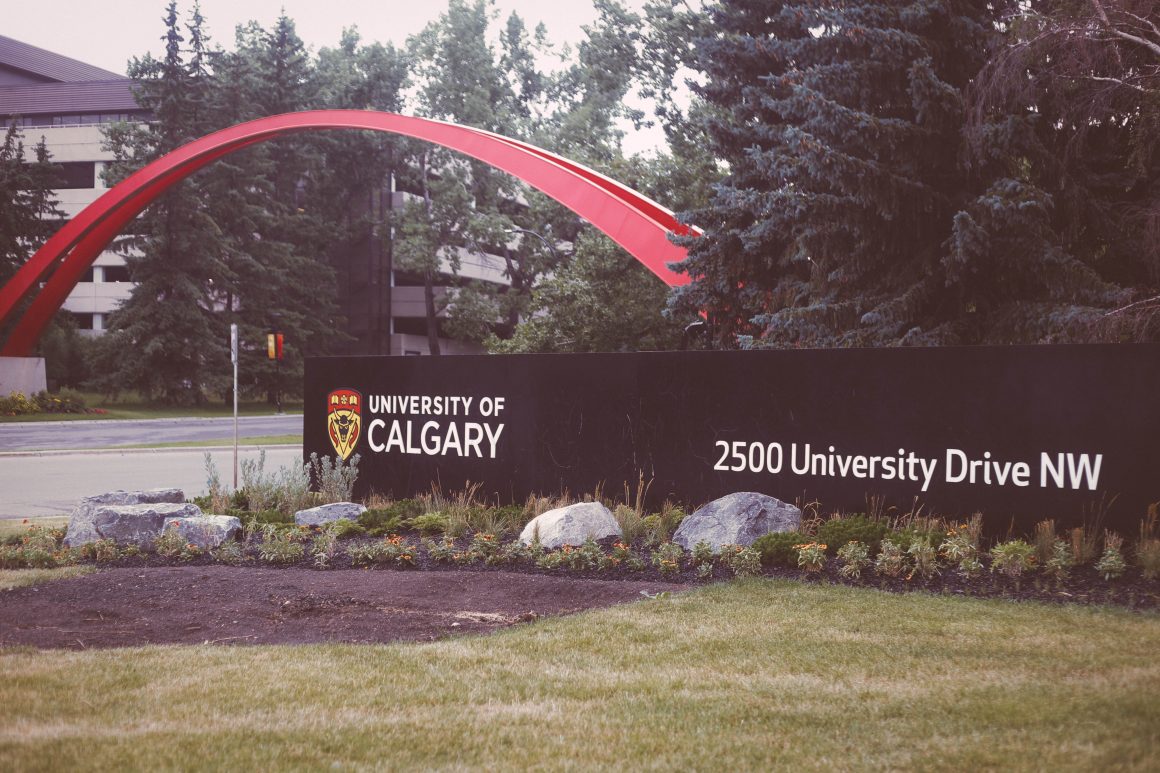
U of C no longer top 200 university, according to QS rankings
By Sean Willett, July 14 2017 —
The University of Calgary has dropped from 196th to 217th on the QS World University Rankings.
Published annually by British company Quacquarelli Symonds, the QS rankings are among the most respected university ranking lists in the world. The rankings evaluate universities according to metrics such as faculty/student ratio and citations per faculty. Academic reputation is the most heavily weighted metric and is determined through a survey of over 70,000 active academics.
This the second lowest position the U of C has ever attained on the QS rankings, beaten only by its rank of 218 in the 2011-12 list. This drop has also moved the U of C to the position of ninth best university in Canada, with the University of Western Ontario now placing ahead.
The U of C blames this fall on the addition of new universities to the QS list, which they say altered the score distribution for specific metrics.
“It is important to note that the QS rankings added 43 institutions this past year which changes the distribution of the scores and intensifies the competition in two key indicators: the faculty/student and internationalization ratios by bringing the total mean higher than the previous year,” said the U of C in a written statement.
Of the 43 new universities added to the QS rankings in 2018, only two placed above the U of C in overall rank. Furthermore, the U of C improved in two of the metrics specified by the university as having unfavourable new score distributions — faculty/student ratio and international faculty ratio. The U of C’s score dropped for all four other metrics.
In its statement, the U of C explained that other Canadian universities also saw a drop in ranking.
“What we also noticed is that the share of Canadian universities in the Top 200 globally dropped from nine to seven this year, as 23 of 26 Canadian universities scored lower on their academic renown, according to the latest edition of the QS World University Rankings,” said the U of C.
Nine of the 15 Canadian institutions with a numbered placement on the QS rankings fell in rank from 2017 to 2018, with an average drop of 4.8 places. The U of C is tied with the University of Victoria for the most dramatic decline, with both schools falling 21 spots from the previous year.
At least one U of C professor believes that the university’s administration is responsible for this drop. Electrical and computer engineering professor Martin Mintchev places the blame directly on U of C president Elizabeth Cannon.
“This type of leadership is incompatible with a modern university that wants to be internationally recognized as a place of learning,” Mintchev said. “This type of leadership can lead to only one thing — decay, degradation and degeneration of basic core academic values.”
The U of C achieved its highest spot in the QS rankings in 2009, when it was ranked as 149th in the world. Since Cannon’s appointment in 2010, the U of C’s ranking has fallen below 200 for all but two years. As a result, Mintchev believes that the positive attention university administration gave to last year’s QS rankings was misleading.
“Last year, when the university entered the 196th place from 204th, there was a great fanfare. We heard that our university was in the top 200 in the world, and that this is the greatest achievement under the sun,” he said. “But did you hear that we were in the top 150 in the world before Cannon took over? There is no movement upward in any international rankings. There has only been a decay over the years.”
Mintchev cited a number of recent public controversies surrounding Cannon’s administration as potential reasons for the U of C’s declining ranking. These include the legal dispute with the Students’ Union over MacEwan Hall and the ongoing Canadian Association of University Teachers (CAUT) investigation into a possible conflict of interest with Alberta energy company Enbridge.
He also blames an institutional shift away from the idea of a university as a “community of scholars.”
“Without having a community of scholars that helps students grow into the stature of scholars themselves, we have nothing,” he said. “That is what modern universities should be about. It is not about a community of supposed entrepreneurs. It is not a community of self-perpetuating administrators or secretaries or assistants. It’s a community of scholars. And that community should have leadership that leads them towards academic excellence.”
Under the QS ranking system, the U of C has an academic reputation score of 42.8. This is lower than other major Canadian universities — the University of Alberta scored a 73 and the University of Montreal scored a 67.2. The University of Toronto, the University of British Columbia and McGill all have academic reputation scores above 95.
For Mintchev, there is only one response to the U of C’s declining international rankings — Cannon’s resignation.
“The current administration should resign,” Mintchev said. “There should also be an investigative committee, either independent or set up by CAUT, that will investigate all aspects of this mismanagement in terms of academic freedom, academic integrity and misleading the public.”
